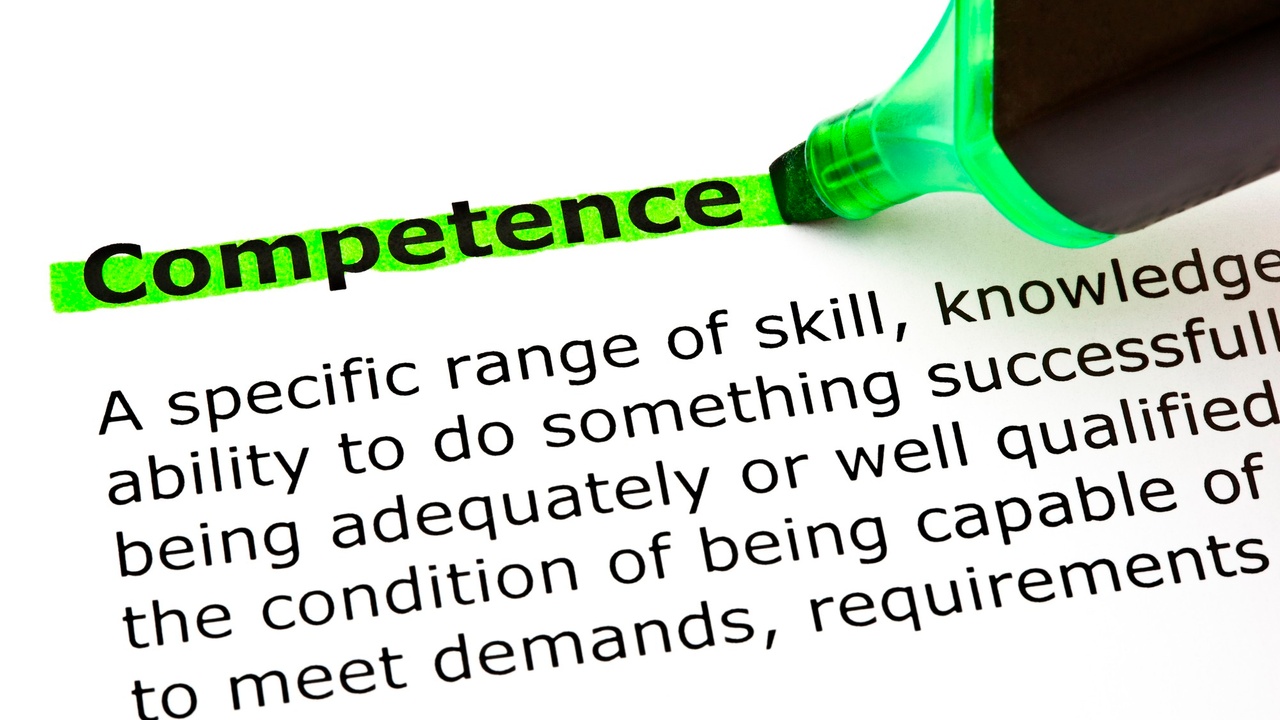
By Graham Acreman
To be a great business leader, you need to learn to delegate effectively. In the early stages of a business, owners often wear many hats: sales, management, finance, marketing, and everything in between. But as your company grows and its needs become more complex, balancing all these tasks becomes more challenging.
As a business owner, you're proud of what you've accomplished and you should be. But if you're too busy focusing on the micro aspects of your operation, it will hamper your ability to grow. If you insist on having a hand in every aspect of your business you’ll spread yourself too thin. You will ultimately become the bottleneck in your own business. I see this all the time.
At a certain point, you need to let go of some responsibilities to free up time for more valuable tasks. If you keep trying to do everything yourself, you will never achieve your full growth potential. Time is a finite resource and you need to use it strategically.
A Gallup study identified delegation as a key driver of business growth and expansion. Entrepreneurs with a high delegator talent performed better, generated greater revenue, and created more jobs than their peers with low delegator talent. More importantly, delegation, just like any business skill, can be learned.
If that's the case, why don't more business owners delegate authority?
The same study showed that only 1 in 4 entrepreneurs exhibited high levels of delegator talent. Many leaders understand that they should delegate but fail to do so.
One of the top reasons why leaders fail to delegate is that they think they can do the job better themselves. While this may be true, it’s because they have much more experience. But a business should be bigger than one individual. You have to look at the bigger picture. For the entire company to grow, you need to give your team members the opportunity to learn.
Of course, that doesn't mean your job ends once you've assigned responsibilities to others. People learn by doing, and you can provide valuable coaching and feedback to them as they progress. Use your freed-up time to teach and empower your employees so that they can help your business grow.
Your own behavior won't change overnight. But if you're ready to become a more effective delegator, these strategies should lead you to the right path.
1) Admit your limitations
Entrepreneurs who fail to delegate can get lost in the minutiae of running a business. There are only so many hours in a day, and wouldn’t you rather spend your time improving your company than chasing after minor tasks.
A good delegator knows they can't or shouldn't do everything themselves. Even Bill Gates conceded that he couldn't run Microsoft by himself and delegated marketing to Steve Ballmer. This decision allowed Microsoft to out-maneuver its rivals in its early days.
You should be willing to assign tasks and delegate responsibility to team members you trust. This way, you get to focus on high-level strategy and business growth.
2) Help employees learn and understand
One reason why many leaders are hesitant to delegate is a lack of confidence in their team members. Simply put, they don't trust them to do the job properly. One way to mitigate that concern is to be willing to help them learn and and understand the impact that their role has on the success of the company.
You can't just dump responsibilities on people and hope for the best. When people understand the specifics of the task and why they matter, they're more likely to do a good job.
Motivation and performance go hand in hand. If you help them understand why their job is important, especially in the context of business growth, they will feel more empowered as a team member.
3) Clarify scope and responsibilities
Understanding alone won't get the job done. A highly motivated team member can still do a poor job if they don't know what they can and cannot do. One of the simplest ways to ensure good results is to clarify their scope and responsibilities.
You should give them a job description and or training material depending on the nature of their responsibilities.
It’s important to lay out what you want done and how you want it done. You need to set expectations and standards. If employees don’t know what the expectations are then most will do what they think they should do but this may or may not be what you want them to do.
During your discussions, you need to help them understand what they need to do, why they're doing it, how it should be done, and the desired outcome.
4) Balance your approach
Delegation isn't an abdication of responsibility, and you still need to stay involved. You can't expect to make the right decisions if you don't know what's happening in your own company.
If you're too hands-on, you risk becoming a bottle-neck and demoralizing your team members and. If you've checked out, you could miss pivotal moments where your expertise and support would have changed the outcome for the better. Ultimately, you want to keep your distance, but make yourself available if someone asks for help or guidance.
The bottom line
A smart business leader understands that they need to allow others to step up to the plate for the company to grow. Through delegation, you give team members an opportunity to develop their skills and realize their full potential. As a result, you'll be able to focus on the bigger picture.
Get Strategies, Tips, & Tactics
Subscribe to the Acreman Business Roundup and get weekly updates that will help you grow your business and build the lifestyle of your dreams.
We hate SPAM. We will never sell your information, for any reason.






